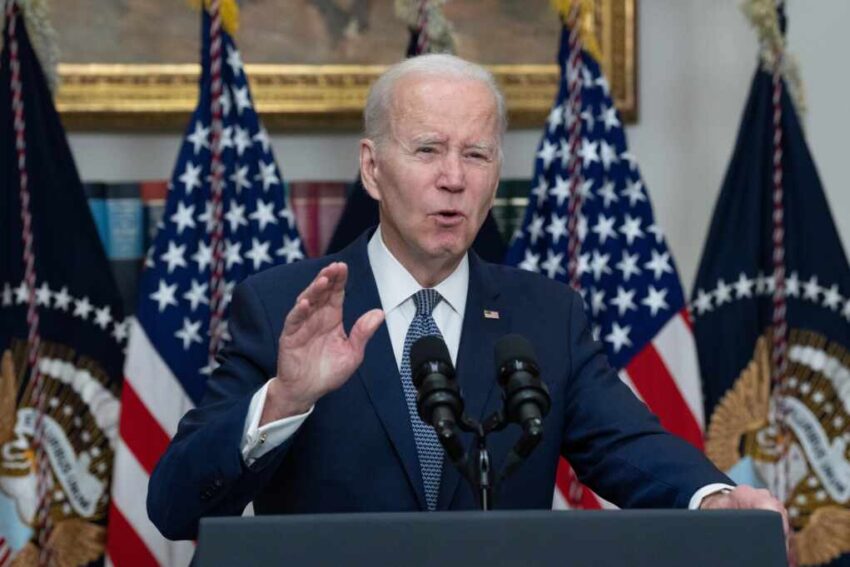Joe Biden’s reliance on an autopen to sign more than 1,500 pardons in the closing weeks of his presidency has triggered a fierce legal and political battle over the legitimacy of his final executive actions.
At a Glance
- Biden issued over 1,500 pardons and commutations in his final days, most signed with an autopen
- Only one pardon was hand-signed, for his son Hunter Biden after a felony gun conviction
- Donald Trump has challenged the validity of the autopen-signed pardons and vowed to revoke them
- The House Oversight Committee is investigating Biden’s mental health and decision-making capacity
- Legal scholars remain divided on whether autopen signatures are constitutionally valid
Autopen Controversy Erupts
In his final days in office, Joe Biden approved the largest clemency action in U.S. history by pardoning or commuting the sentences of more than 1,500 individuals. The vast majority of these clemency orders were signed using an autopen, a mechanical device that reproduces the president’s signature. Only one pardon — for his son Hunter Biden, convicted on federal gun charges — was signed personally.
The decision has sparked intense debate in legal and political circles. Critics argue that the use of an autopen diminishes the gravity of presidential clemency and undermines public confidence in executive authority. Others defend the practice, noting that previous presidents, including George W. Bush and Barack Obama, have used autopen signatures for official documents, though never at this scale or for such consequential acts.
Watch now: Did Biden use autopen on pardons? | FOX 5 News · YouTube
Trump Challenges Validity
Incoming President Donald Trump has declared the autopen-signed pardons invalid and announced his intention to revoke them. His objections have centered on high-profile beneficiaries such as Hunter Biden and Dr. Anthony Fauci, whose pardons Trump claims were issued without true presidential intent. Legal experts caution, however, that the Constitution vests the pardon power solely in the president, raising the question of whether Trump has the authority to rescind clemency granted by his predecessor.
The dispute has spilled into Congress, where Republican-led committees are scrutinizing both the legality of the pardons and Biden’s capacity to authorize them. The House Oversight Committee has requested testimony from Biden’s physician and several former White House aides, arguing that the president’s mental acuity in his final months warrants closer examination.
Legal and Political Fallout
The controversy could set a lasting precedent for how executive power is interpreted in the digital age. Some legal scholars maintain that as long as Biden authorized the autopen’s use, the signatures are valid under Article II of the Constitution. Others contend that clemency, as one of the gravest presidential powers, requires the president’s direct and personal act. Courts have yet to issue definitive rulings, but litigation is expected as affected individuals seek to enforce or defend their pardons.
Beyond the courtroom, the uproar highlights the broader question of how technology should interact with constitutional duties. The debate reflects not only partisan divides but also unresolved tensions between efficiency and authenticity in executive governance.
The outcome of congressional inquiries and potential court cases could shape the boundaries of presidential authority for decades, determining whether Biden’s autopen signatures carry the same weight as his pen.
Sources
Click this link for the original source of this article.
Author: Editor
This content is courtesy of, and owned and copyrighted by, https://deepstatetribunal.com and its author. This content is made available by use of the public RSS feed offered by the host site and is used for educational purposes only. If you are the author or represent the host site and would like this content removed now and in the future, please contact USSANews.com using the email address in the Contact page found in the website menu.





